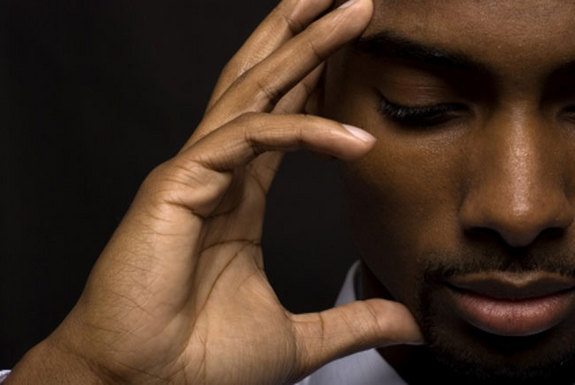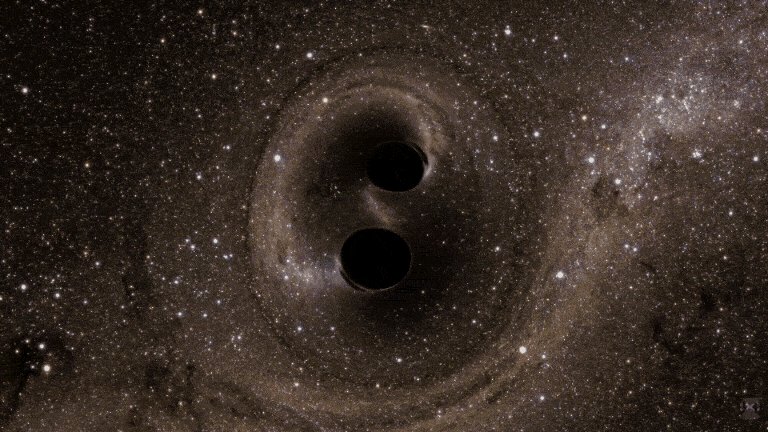Depressed People Make Better Decisions

Get the world’s most fascinating discoveries delivered straight to your inbox.
You are now subscribed
Your newsletter sign-up was successful
Want to add more newsletters?

Delivered Daily
Daily Newsletter
Sign up for the latest discoveries, groundbreaking research and fascinating breakthroughs that impact you and the wider world direct to your inbox.

Once a week
Life's Little Mysteries
Feed your curiosity with an exclusive mystery every week, solved with science and delivered direct to your inbox before it's seen anywhere else.

Once a week
How It Works
Sign up to our free science & technology newsletter for your weekly fix of fascinating articles, quick quizzes, amazing images, and more

Delivered daily
Space.com Newsletter
Breaking space news, the latest updates on rocket launches, skywatching events and more!

Once a month
Watch This Space
Sign up to our monthly entertainment newsletter to keep up with all our coverage of the latest sci-fi and space movies, tv shows, games and books.

Once a week
Night Sky This Week
Discover this week's must-see night sky events, moon phases, and stunning astrophotos. Sign up for our skywatching newsletter and explore the universe with us!
Join the club
Get full access to premium articles, exclusive features and a growing list of member rewards.
Depression might not be all bad, new research finds. People with major depressive disorder do better on a decision-making task than people without the disease.
Depression is a psychiatric condition defined by consistently low mood, low self-esteem and loss of interest in normally enjoyable activities. About 20 percent of people worldwide suffer from major depressive disorder, the clinical name, at some point during their lifetime.
This is the first time a positive cognitive effect has been seen in people with major depressive disorder. The researchers suggest that these patients process information more systematically and analytically than their chipper counterparts. They might unconsciously put more effort into their decisions because they desire control of their environment.
The finding conflicts with other research suggesting depressed people are worse at mental tasks, because they get distracted by thoughts of their problems. Previous studies have shown they perform better when asked not to think about their problems.
Shopping for a secretary
In this experiment, 15 people with major depressive disorder, 12 recovering from the disease and 27 individuals without mental health problems were asked to screen 40 candidates and choose the best one for a secretary position. The participants were given only one chance to offer the job, and couldn't go back to re-evaluate a previously seen candidate. Each candidate they saw was ranked in relation to candidates they had seen previously.
The participants with major depressive disorder performed the task better than either the recovering group or the healthy group, choosing candidates about two ranks better — so the second or third best candidate, compared with the fifth best choice most often chosen by the other two groups.
Get the world’s most fascinating discoveries delivered straight to your inbox.
They made better choices because they searched about five minutes longer before making their decision, the researchers say. The depressed participants spent a longer time on the task because they set a higher threshold of acceptable applicant quality, though they weren't consciously trying any harder to do well.
Delaying decisions
These new results seem to agree with the theory that depression could increase some mental abilities because of a more analytical thought process and a need to have control over their environment. Decision-making abilities, like those tested in the secretary task, are involved in everyday tasks, like grocery shopping and dating.
Because the scientists didn't find the same effect in the recovering group, who were still suffering from mild depression, it isn't likely that the improvement would be the same in non-clinical cases of depression.
"We found effects for participants still reporting clinical levels of depression but not for those participants who — although still reporting higher levels of depression than healthy individuals — showed indication of recovery," the authors write in a forthcoming issue of the Journal of Abnormal Psychology. "This suggests that — at least in sequential choice — only an acute and severe state of depression leads to changes in strategic behavior."
You can follow LiveScience staff writer Jennifer Welsh on Twitter @microbelover. Follow LiveScience for the latest in science news and discoveries on Twitter @livescience and on Facebook.
Jennifer Welsh is a Connecticut-based science writer and editor and a regular contributor to Live Science. She also has several years of bench work in cancer research and anti-viral drug discovery under her belt. She has previously written for Science News, VerywellHealth, The Scientist, Discover Magazine, WIRED Science, and Business Insider.
 Live Science Plus
Live Science Plus











